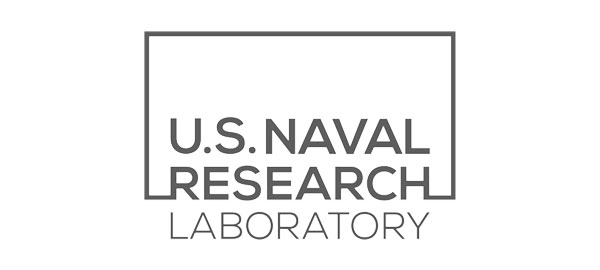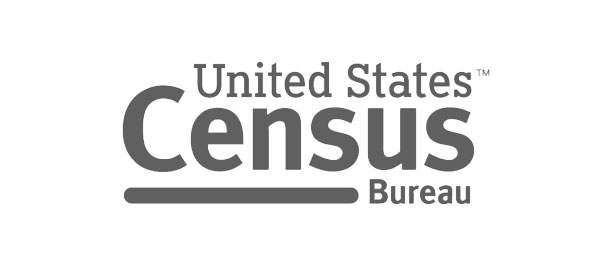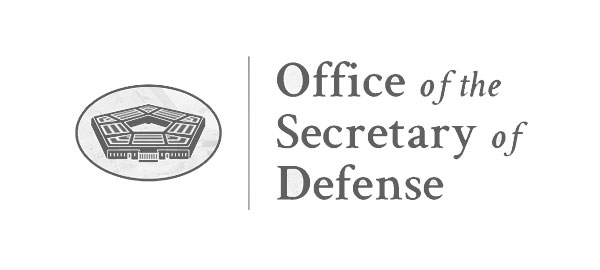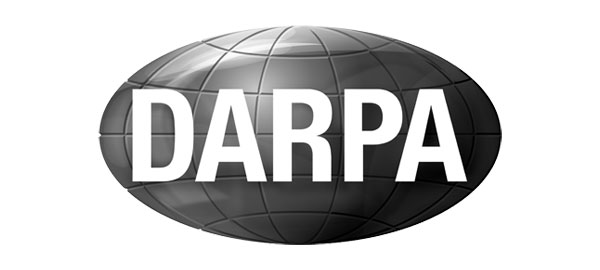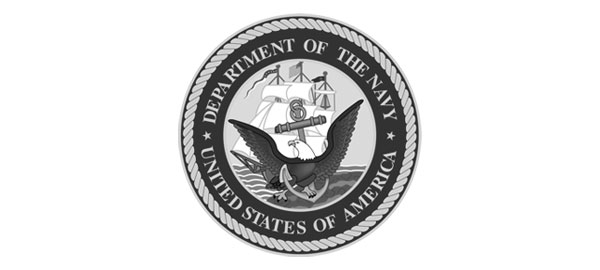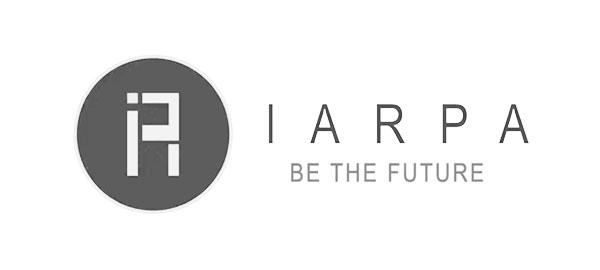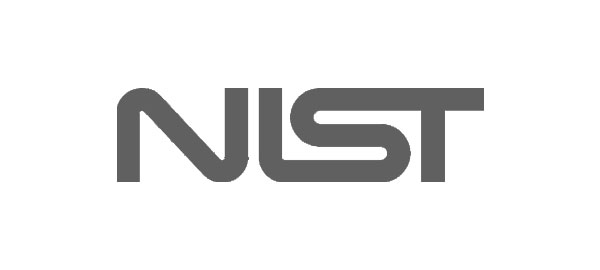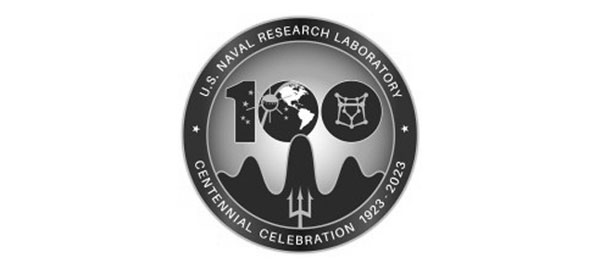AI-enabled Solutions for the U.S. Government
Knexus delivers AI solutions to the U.S. Government with its powerful team of PhDs and subject matter experts throughout the U.S. We have a proven process for exploring, developing, testing, and implementing solutions into complex U.S. Government problem sets. Knexus is at the intersection of research and engineering, finding the applications of AI innovation that will deliver real outcomes and measurable impacts for mission readiness.
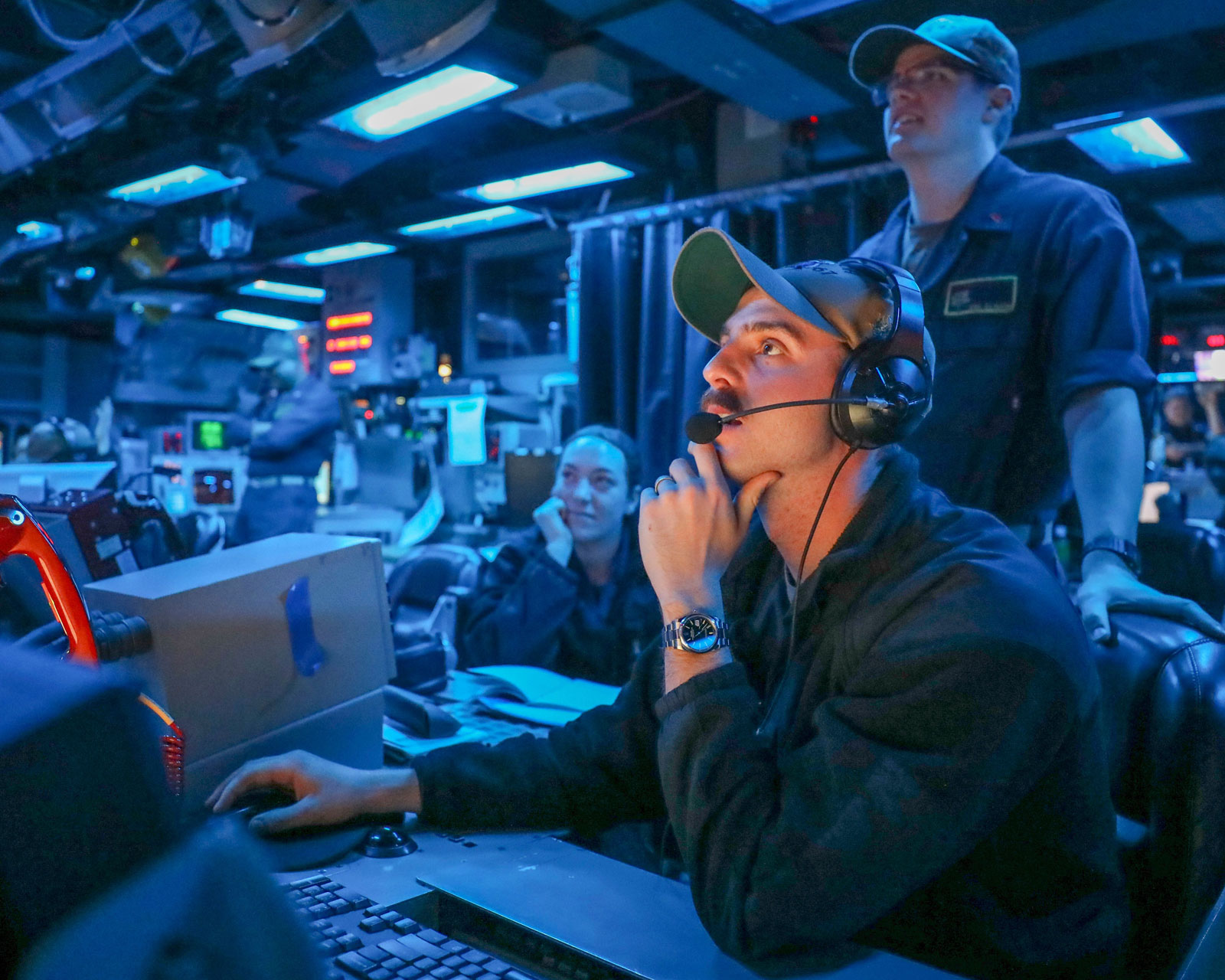

Rapid Prototyping and Concept Demonstrations
We believe that AI is a revolutionary tool and enabler for overcoming decades of legacy and outdated processes and operations. We unlock that potential by:
-
- Showing rapid prototypes and concept demonstrations, incorporating various AI methods and products
- Demonstrating measurable performance improvements with short, efficient development cycles
- Focusing on the impact to the user community
- Building repeatable and scalable solutions for long-lasting use

Autonomous Systems
Autonomous systems are used to automate complex tasks, such as data analysis and decision-making, by learning from data and adapting to new inputs. Examples include creating AI defenders for critical government cyber systems that automate cyber responses, or AI-powered satellites that can automate imaging tasks for data collection and analysis.
Synthetic Data & Privacy
Manipulate a dataset that mimics the statistical properties of the original data, but does not allow information to be re-identified. This allows AI models to be trained and tested without exposing sensitive user data, thereby ensuring privacy and compliance with data protection regulations. Knexus has worked with CENSUS and NIST to protect the identities of millions of Americans.


Modeling & Simulation
Create a mathematical representation of a real-world problem using a model, which can be trained on data to make predictions or decisions. Knexus partnered with the US Navy to develop a planning tool for sensor deployment using machine learning, allowing fewer sensors to be deployed and increased situational awareness around the sensors.
Testing & Evaluation
Testing and evaluation of AI systems involve assessing the system’s performance and reliability under various conditions, often using metrics such as accuracy, precision, and recall. Knexus has worked to test and evaluate black box deep machine learning algorithms to increase transparency, trust, and use by the government and public.

Approachable AI Solutions
Leveraging rapid prototyping and concept demonstrations technology without feeling overwhelmed or intimidated by technical barriers
Demonstration & Evaluation Tools
Knexus’ approach allows users to interact with the solutions and give real-time feedback so the solution matches the need.
Machine Learning
Artificial intelligence that focuses on the development of algorithms enabling systems to learn patterns and make predictions from data.
Synthetic Data
Artificially generated data that mimics real-world characteristics for training machine learning models while preserving privacy & confidentiality
Differential Privacy
Concept aiming to protect individual privacy by introducing noise or randomness to statistical results without compromising overall accuracy
Cognitive Agents
Intelligent entities that can perceive their environment, reason, learn, and interact with it, mimicking human-like cognitive abilities
Reinforcement Learning
Machine learning agents learn to make decisions by interacting with an environment and receiving feedback in the form of rewards or penalties.
Goal Reasoning
Ability of intelligent systems to set and pursue goals, allowing them to make decisions & take actions towards achieving desired outcomes.
Large Language Models
Advanced natural language processing models capable of understanding and generating human-like text on a wide range of topics.
Hierarchical Temporal Planning
Planning by organizing tasks into a hierarchical structure with temporal constraints, facilitating efficient decision-making in complex systems
Explainable AI
Developing artificial intelligence systems that can provide clear and understandable explanations for their decisions and actions
AI Prototyping
User generated content in real-time will have multiple touchpoints for offshoring capitalize on low hanging fruit to identify a ballpark.
Our highly qualified & experienced staff includes more than a dozen individuals with PhDs and Master’s degrees in Computer Science, Data Science, and Mathematics, providing broad & technical expertise at Knexus.
AI Leader
In 2006, Knexus helped introduce the US Government to AI solutions before they hit the mainstream. Seventeen years later, Knexus continues to be at the forefront of AI research and solutions to the US Government.
Trusted Partner
For over two decades, Knexus has worked with dozens of agencies across the US Government as a trusted partner to deliver tailored solutions to mission critical problems. With clients spanning 10+ years, results speak for themselves as they continually return and rely on Knexus for innovative, practical solutions tailored to their problem set.
Culture
People who meet us comment on our kindness and competence. We strive for an inclusive, low ego approach where the best idea wins.
Core Values
Take Risks
We celebrate bold ideas, empowering our employees to explore uncharted territories, learn from failures, and embrace the entrepreneurial spirit that propels us forward.
Be Open
Hear people out. Listen, Be open to new ideas. Be nonjudgmental in assessment. Be open to the unknown.
Have Courage
Courage is a muscle. If you don’t use it in small situations when no one is looking, you won’t be able to use it when it matters. Do the right thing.
With two decades of expertise, 4 patents, and over 100+ peer-reviewed publications, Knexus is the ideal partner, looking to leverage the power of AI.

17+
years of experience
4
patents
100+
peer-reviewedpublications
“Your dedication and insights have contributed to the progress that the program has enjoyed. Thank you for your time, energy, and thoughtful guidance.”
⸻ Dr. Heather McCallum-Bayliss, Program Manager, Center for Incisive Analysis
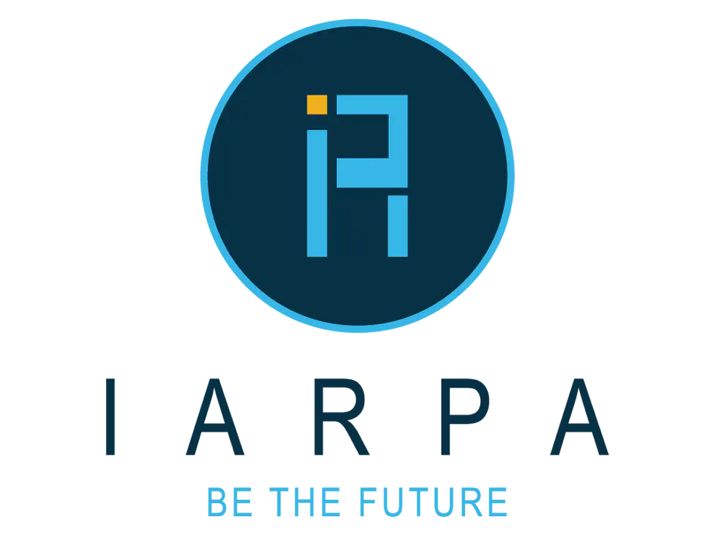
“[This] provides one of many examples of the value of AIMS. I was able to respond to this action item only in a few minutes without having to reach out to the Branches and both your researchers and engineers... In an era of numerous quick response action items per week, AIMS has more than shown its value.”
⸻ Dr. John McClean, Division Superintendent (Code 5500), US Naval Research Lab
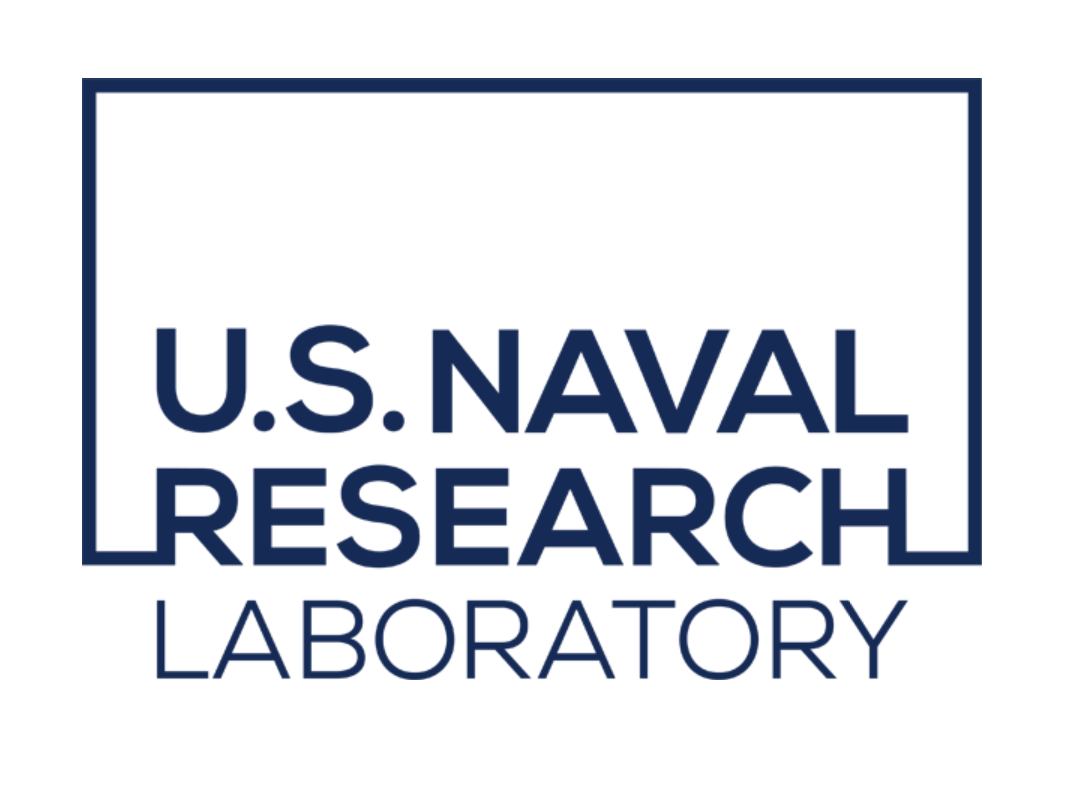
“We had a bit of a critical issue that occurred which Knexus played a critical role in its resolution. Also, we appreciated the work done by the entire Knexus staff in their support of the Census Bureau.”
⸻ IT Program Manager, Center for Economic Dev., Disclosure Avoidance


